|
Second and Third graders from De Anza Elementary school participate in fun math activities with Mountain View High School from 9 AM-12 PM, March 27, 2018.
The formula for Success: Engaging Families in Early Math Learning Early math ability is one of the best predictors of children’s later success in school because children’s learning begins in the home, families are fundamental in shaping children’s interest and skills in math. The experience of learning and doing the math, however, looks different from the instruction that previously taught when most adults were in school, and many parents harbor anxiety about math. For this reason, families need guidance, inspiration, and motivation to support their young children’s mathematical development efficiently. Research shows that math is part of our everyday lives, and as such, is conditioned by relationships, culture, and values; math can be an enjoyable parent-child experience; and Young children’s math development begins in infancy and continues throughout the early childhood years and beyond. Moreover, children learn math anytime, anywhere, even before they go to preschool. For this reason, families are critical to supporting children’s mathematics development. They can provide this support directly by using objects for counting, stacking, and recognizing shapes. They can also offer assistance indirectly, by connecting their children to math learning environments outside of the home (e.g., in libraries, museums, early childhood programs). However, to do so, families need access to information about what math development is and how to support it, which is often not transparent or readily available. What do young children need to know about math? Families and educators recognize that number concepts are essential for children’s math development. However, geometry and measurement also represent fundamental ideas young children benefit from learning about in their homes and community settings. 4th Graders Arrive at MVHS4th grade students learn about probability and create fair and unfair dice and collect data to predict and verify the respective outcomes. Student play math and geometry bingo games to learn mathematical concepts and vocabulary connections to models of applications.
Warrior students put on display their math skills to run a Math Fund Day for De Anza Elementary School. 100 kindergarten students were on campus playing math games involving a multitude of common core mathematical concepts. Students facilitators work hard to sharpen their teaching skills!!
Many students use their pens and paper from time to time to perform activities such as not taking but mostly only upon receiving directions to do so. They perform calculations doing math assignments or assessments. Mostly use technology tools to take shortcuts and do not really learn. One method of formative assessment to identify if a student is learning is through writing. Most assessments or qualifying tests now requires the student to have the ability to write about their understanding of the concepts. However, students mainly use writing as a mechanism to demonstrate their computational skills rather than their conceptual thinking. Mathematical writing becomes a powerful learning tool only if it combines language and mathematical algorithm. Teachers should embed formative assessment writing to determine if students truly have a conceptual understanding.
Reference The Impact of Mathematical Writing on Students’ Meta-cognition in Applied Algebra Test (PDF Download Available). Retrieved from Available from: https://www.researchgate.net/publication/284791179_The_Impact_of_Mathematical_Writing_on_Students'_Metacognition_in_Applied_Algebra_Test [accessed Mar 06 2018]. |
Dr. Smith
|
||||||
- Home
- CAASPP/SBAC PREP
- Orientation
- Dr. Smith MATH BLOG-2017-2018
- Privacy Policy
- Hour of Code
- Math Fun Night Videos
- CCHS MATH I
- CCHS MATH II
- CCHS MATH III
- Art of Math
- Parents
- RTI-FLOWMAP
- WOF-Good
- Hourofcode
- Content Objectives
- Common Core Standards
- Geometry Proofs
- MusicBlog
- CCHS Kahoot Challenge
- MATH & PEOPLE
- JavaScript Programming
- Star Wars
- Pearson Video Help
- Conference Presentations
- SBAC Practice #1
- SJAE Exit Survey
- CCEA MATH Resources
- CCHS MATH BLOG-2018-2019
- Brain-Based Research
- Stock Market Game
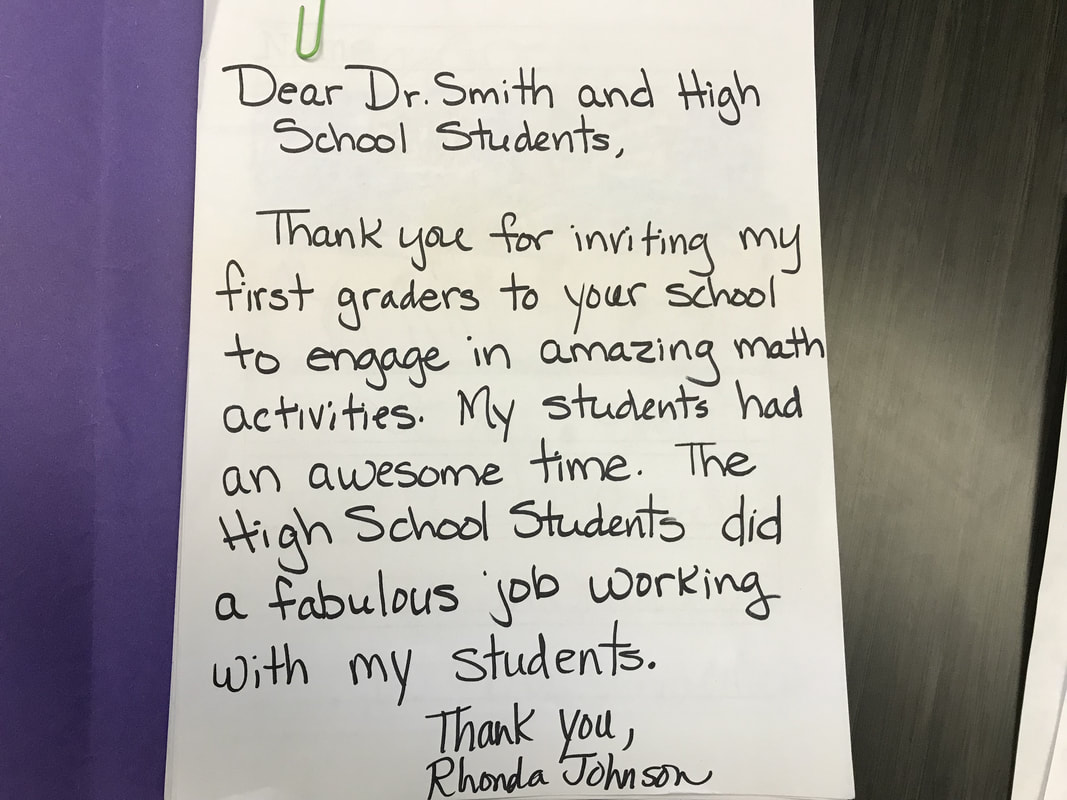
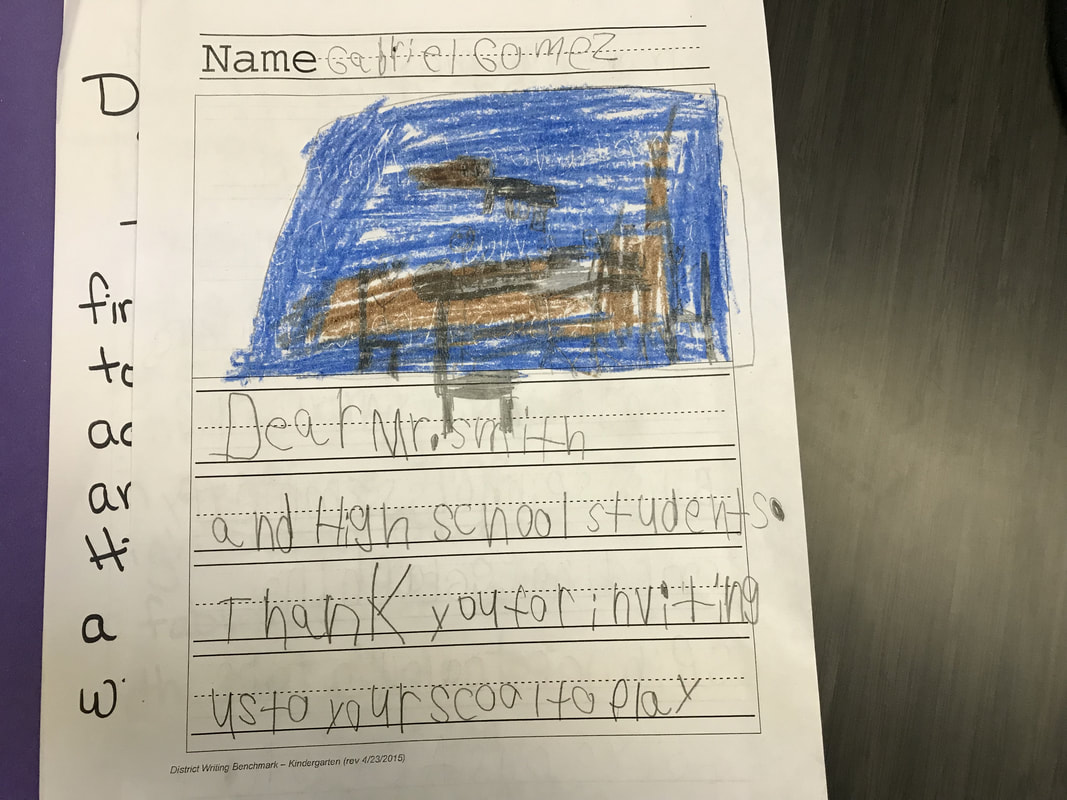
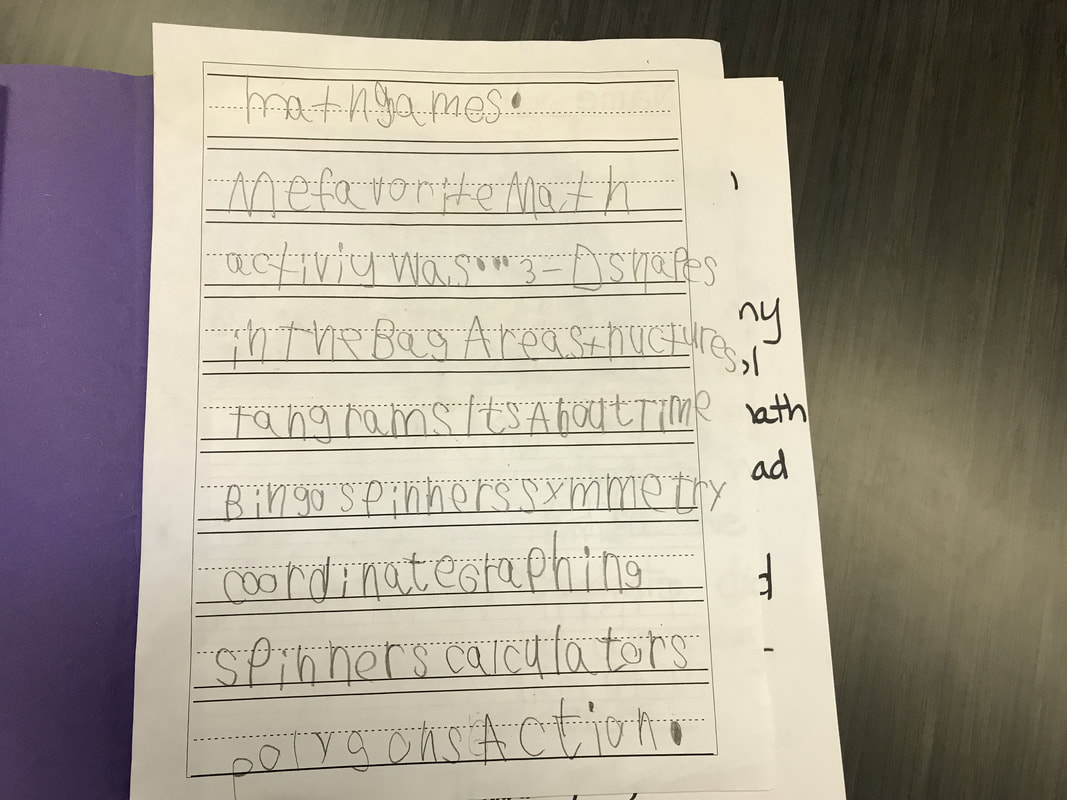
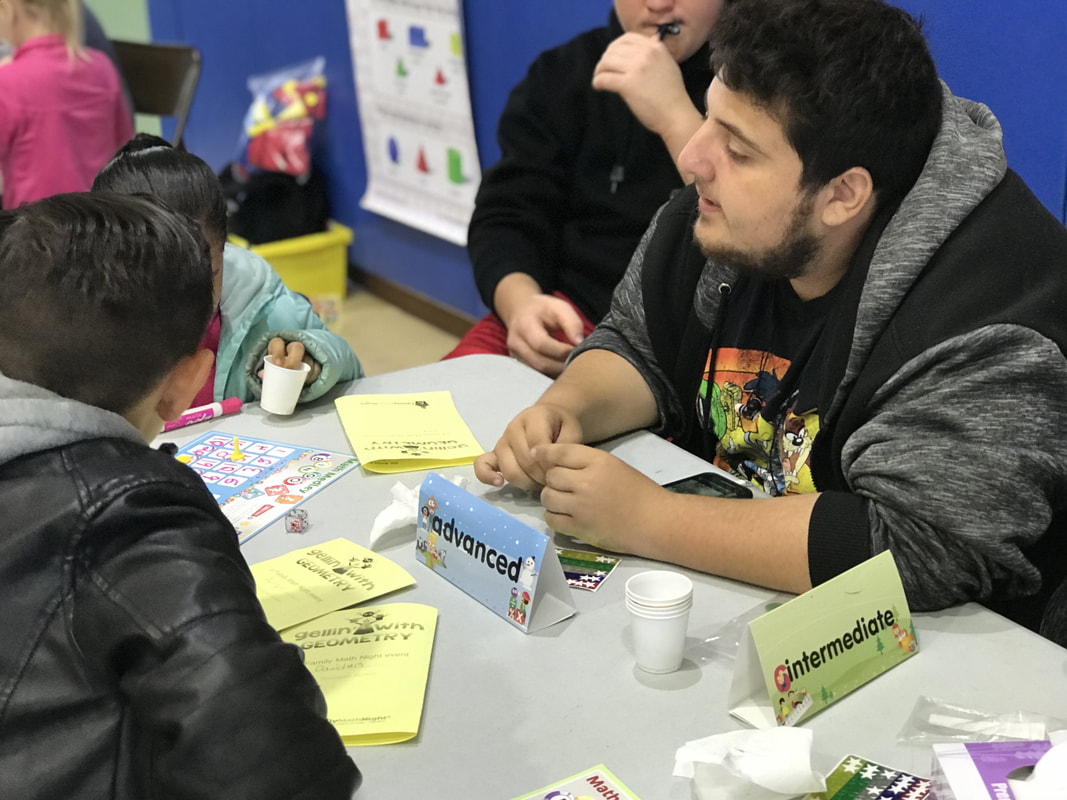















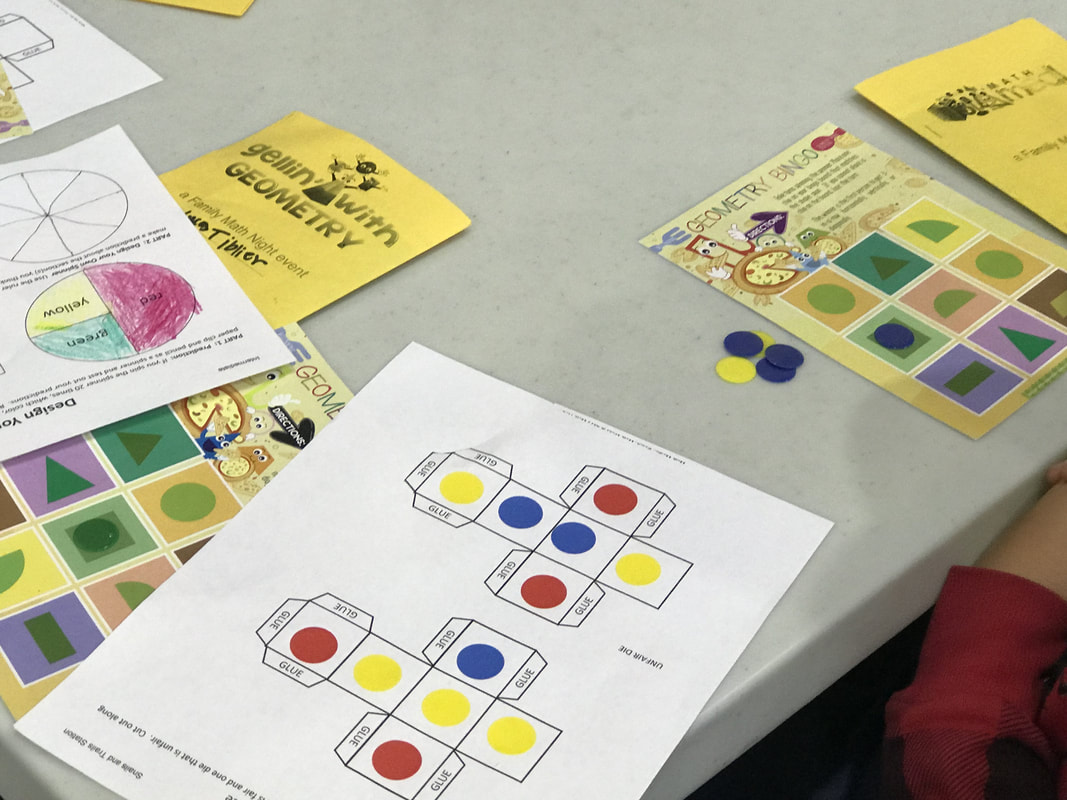
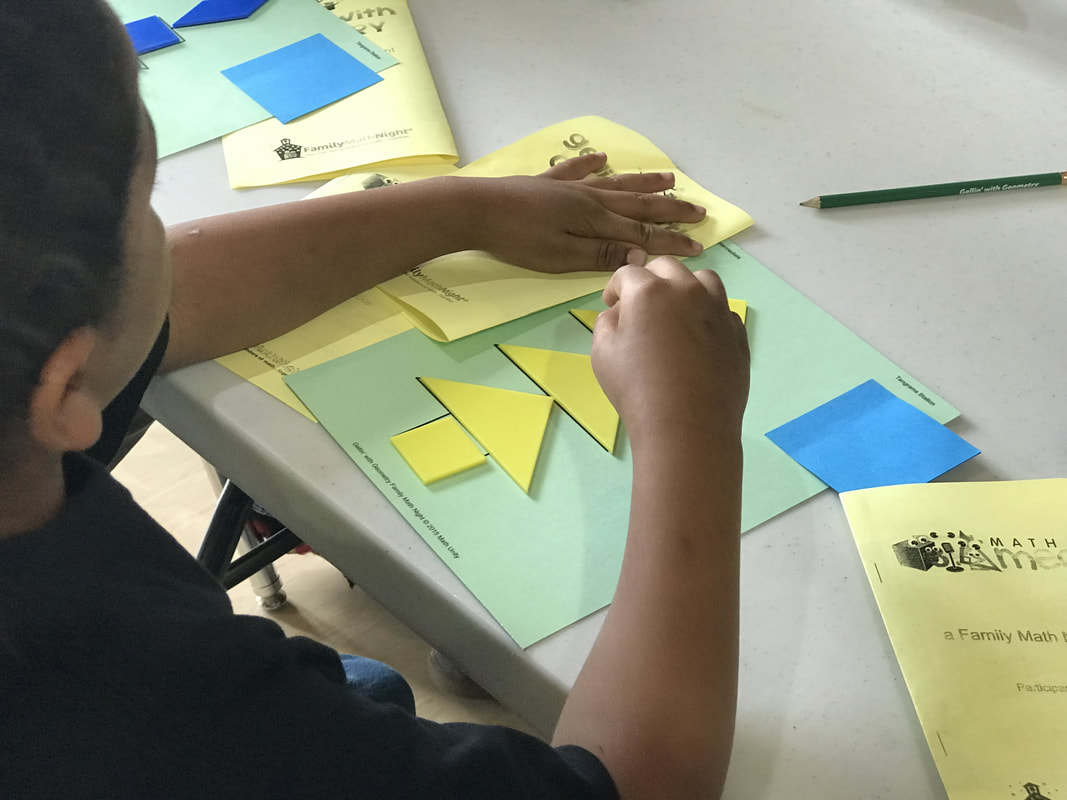
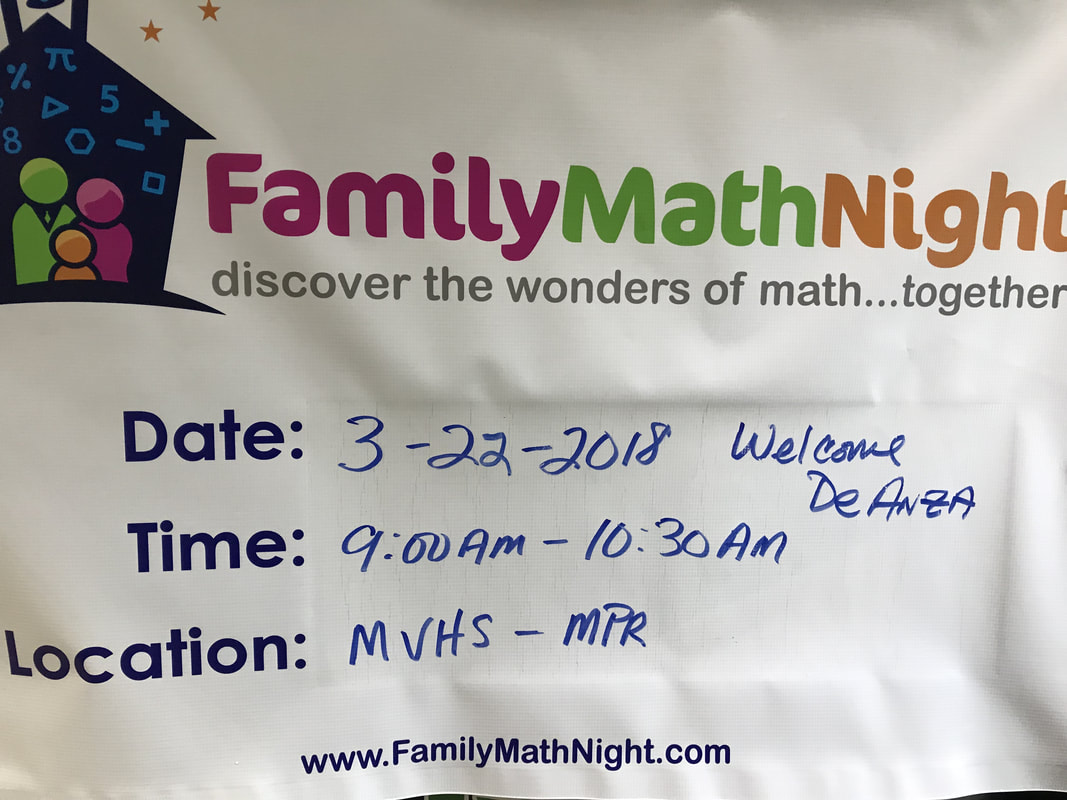
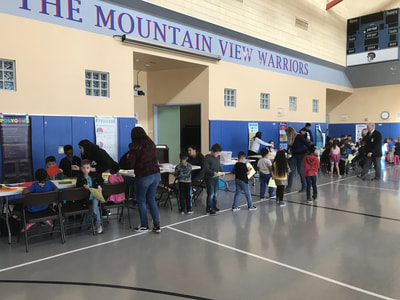
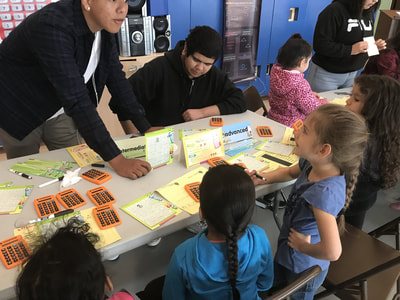
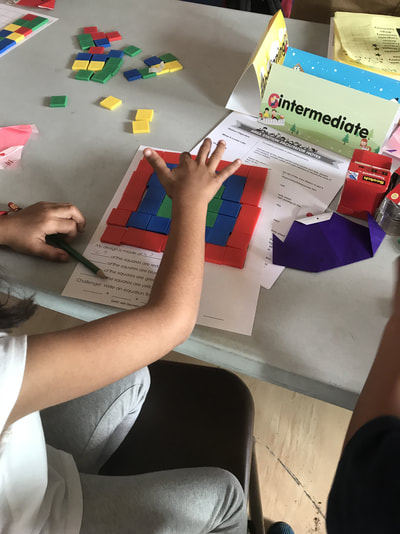
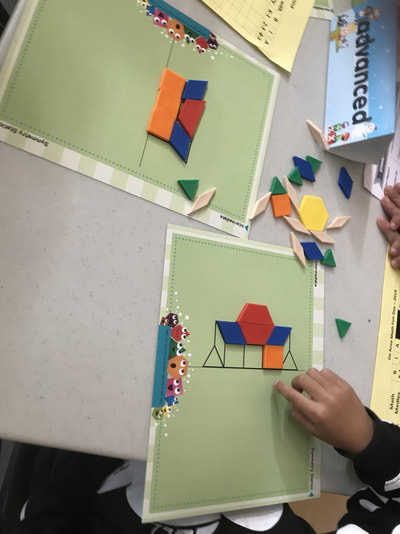
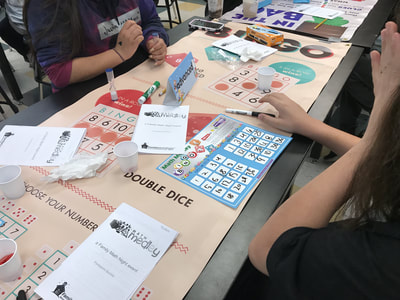
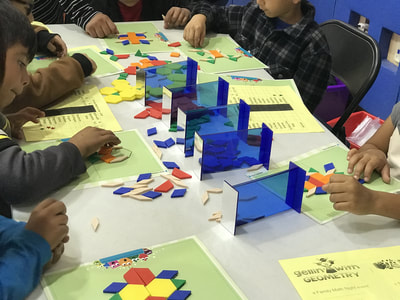
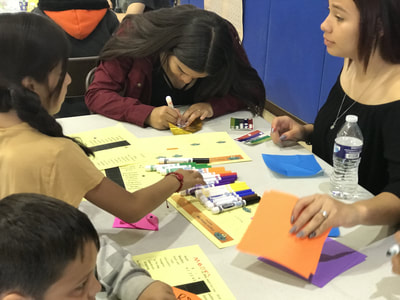
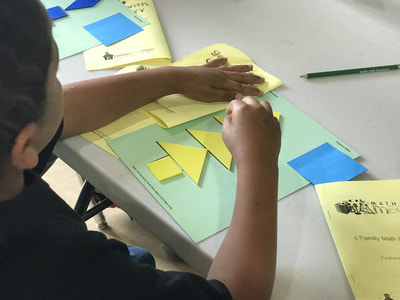
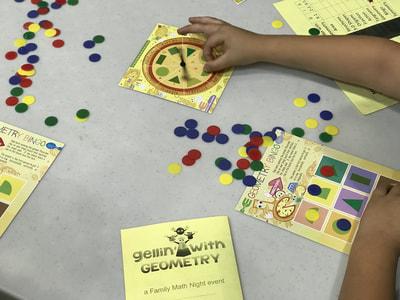
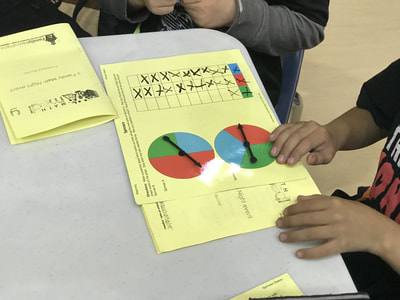
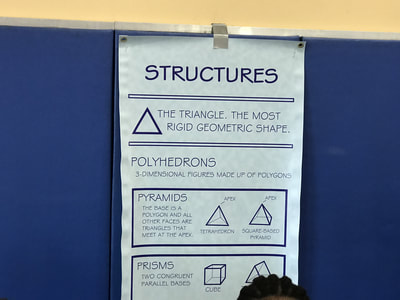
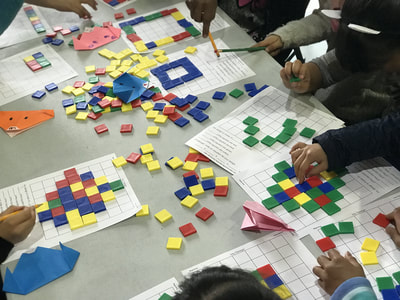
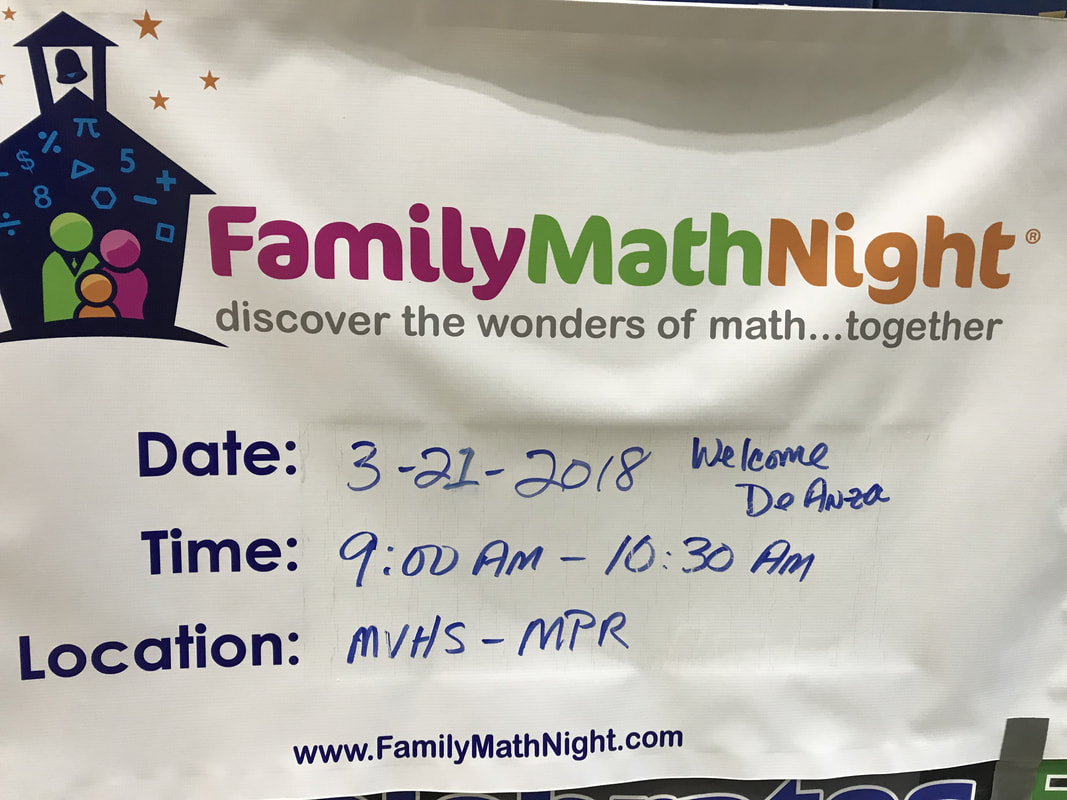
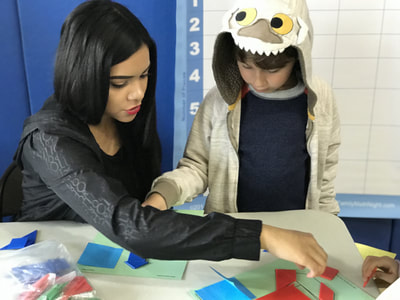
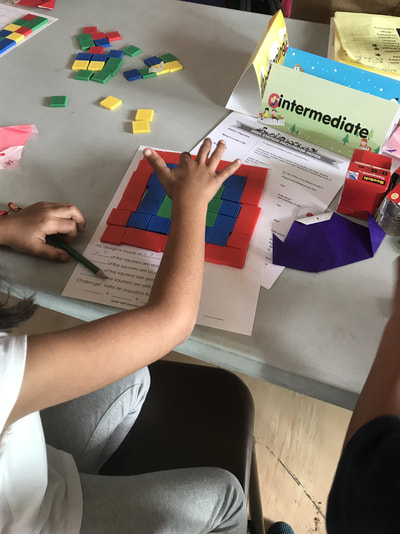
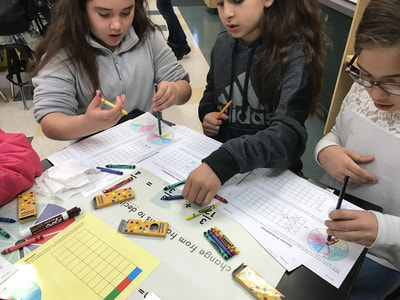
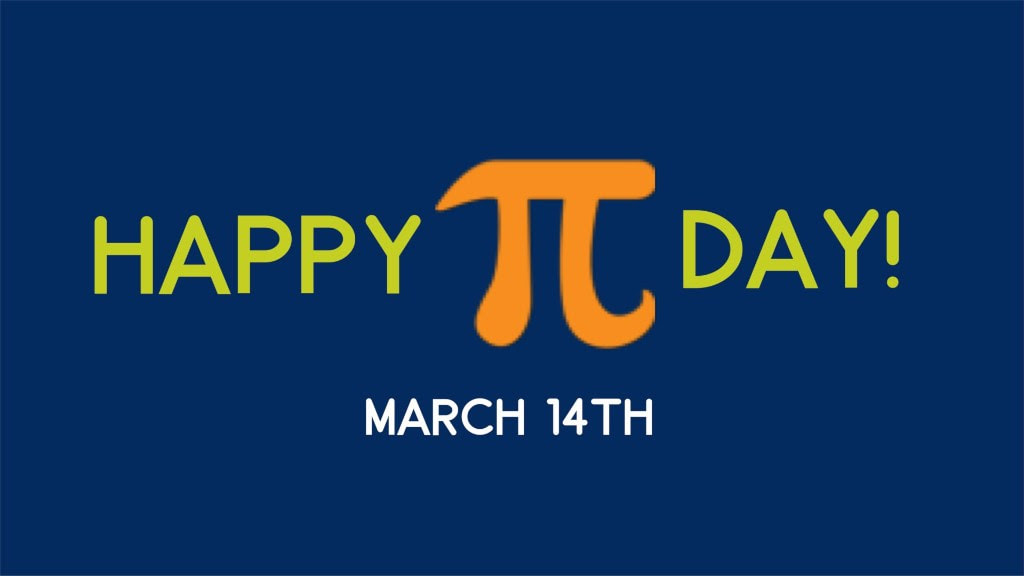


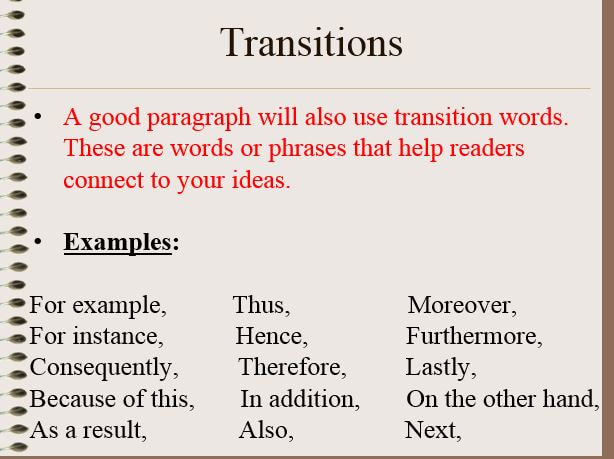
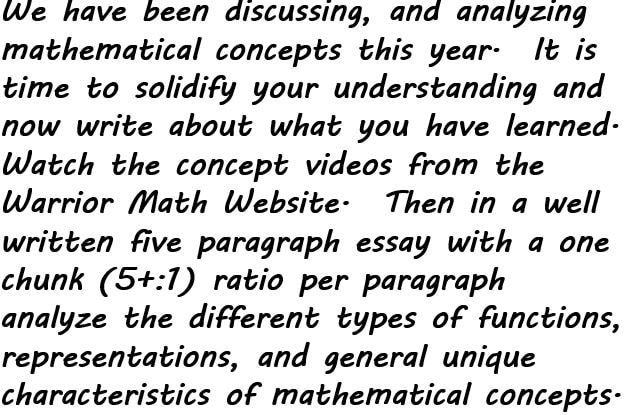
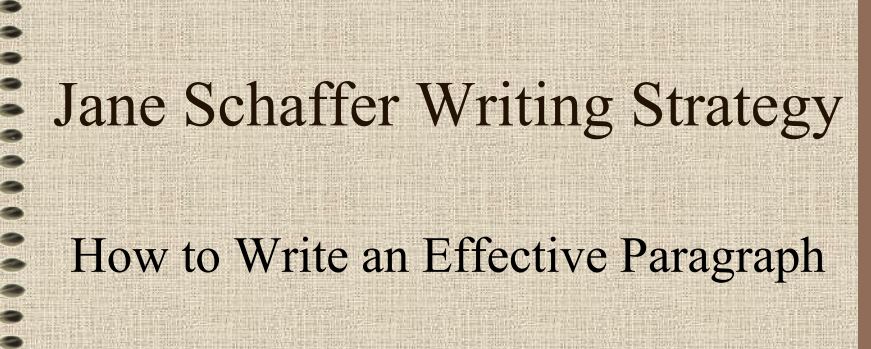
 RSS Feed
RSS Feed
